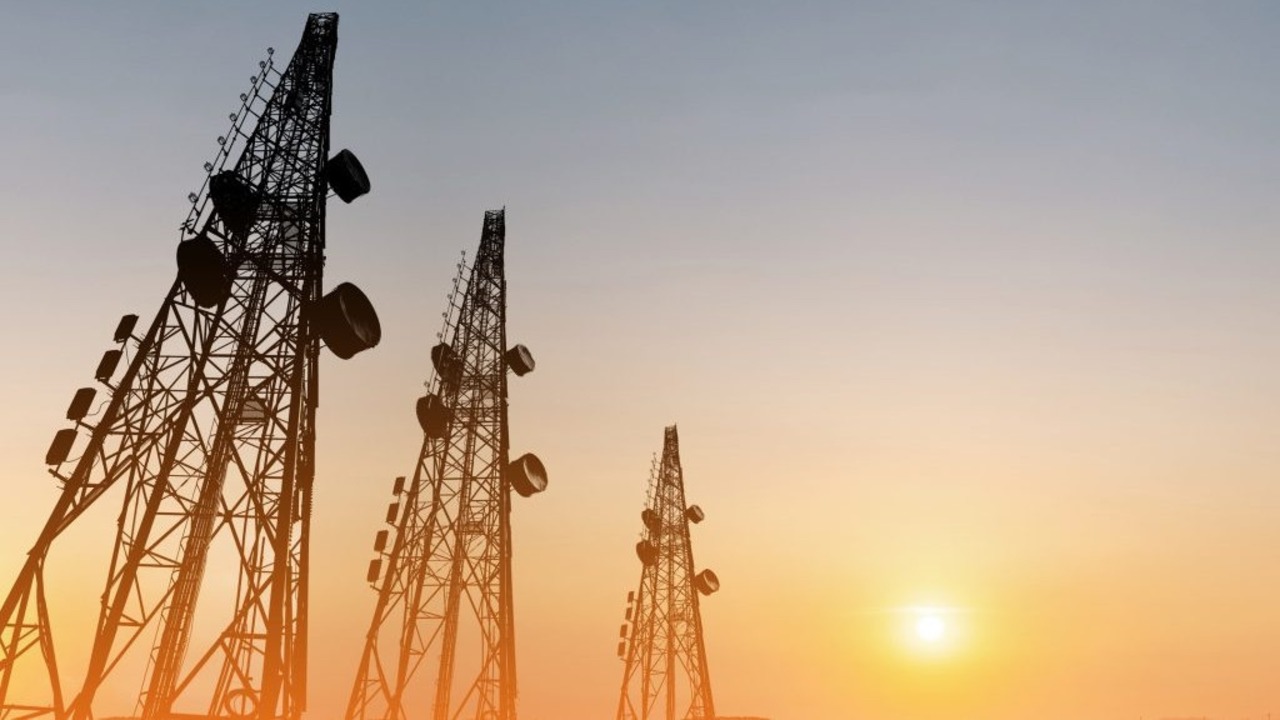VMO2 readies first 3G switch-off site as EE prepares 2G closure
Virgin Media O2 has named Durham as the first place in the UK where it will switch off its 3G, while BT is seeking to prepare its few remaining 2G users for the closure of that infrastructure before the end of the decade.
January 13, 2025

Neither announcement affects a huge number of people, but it's the sort of thing network operators have to get right to avoid high-profile customer dissatisfaction.
Virgin Media O2 said it will close down 3G services in the city of Durham in April. The move should come as no surprise to most people, given that the telco is essentially making good on the broader 3G network shutdown plan it unveiled more than a year ago, albeit without sharing specifics on location or timeframes; it simply said it would begin the process in 2025.
Less than a fortnight into the new year and the telco said it has already begun directly contacting "the small proportion of customers in the area" that don't already have a 4G or 5G-capable device.
Those customers are being told that as of April they will require a new SIM and device to be able to continue using mobile data. They will still be able to use voice and SMS via the operator's 2G network, although its days are also numbered.
To ease the pain, VMO2 has already offered a free 4G handset – it did not say what make or model – to known vulnerable customers that will be affected by the switch-off and it will give discounts to other customers that are not already on 4G.
That's presumably a lot cheaper than continuing to run a legacy network that serves only a small proportion of customers. The telco did not say how many, but it did disclose that its 3G network carries less than 3% of its data traffic. That's less than the <4% figure VMO2 cited in 2023 and it continues to fall.
"Switching off 3G will be an important milestone in the evolution of our network, enabling us to focus our attention and investment on faster and more reliable 4G and 5G networks that will deliver improved services for our customers," said Jeanie York, Chief Technology Officer at VMO2.
"By starting in just one location and by putting careful monitoring in place, we'll minimise disruption to customers and ensure the success of this essential modernisation programme," she said.
That sounds like a sensible plan. Given that VMO2 is the last of the major UK network operators to close down 3G, one would assume there will not be too many bumps in the road though.
Three UK was due to finalise the closure of its 3G infrastructure by the end of last year; although it hasn't made a big deal out of it, we assume it is there or thereabouts. And Vodafone and EE turned off their 3G networks almost a year ago.
With 3G ticked off, EE is now turning its attention to 2G, which is trickier to part with, due to continued use by business customers, particularly for M2M and IoT applications.
In a missive published on Monday and penned by BT Chief Security and Networks Officer Howard Watson and BT Business COO Kerry Small, the UK incumbent confirmed it will close down its 2G infrastructure before the end of the decade and outlined the preparations it is making to help business customers make the transition.
Essentially, it's about communication – the telco says it is giving several years notice of any changes – and encouraging remaining users to switch to a newer offering: the NB-IoT network it launched early last year, for example.
Like VMO2, BT did not say how many customers still use EE's 2G infrastructure. Just 0.1% of the telco's total data traffic is carried on the network, but while that's a tiny fraction, many old school M2M applications transmit very small amounts of data, so it's hard to quantify even with that information.
There's no real news in the BT announcement; it's mainly about getting the message out there, lest customers claim they weren't warned. (And some will still make those claims, even with a couple of years notice.)
The telco and its rivals have agreed to a government deadline of 2033 to close all 2G and 3G infrastructure, so BT certainly isn't the only one facing the task of transitioning 2G customers.
While VMO2 is currently telling 3G customers they will still be able to use voice and SMS after that network goes dark, they will have a limited window.
Regardless of government deadlines, the mobile operators need to close down their old networks. They just need to make sure they minimise customer disruption in the process.
About the Author
You May Also Like










.png?width=300&auto=webp&quality=80&disable=upscale)


_1.jpg?width=300&auto=webp&quality=80&disable=upscale)